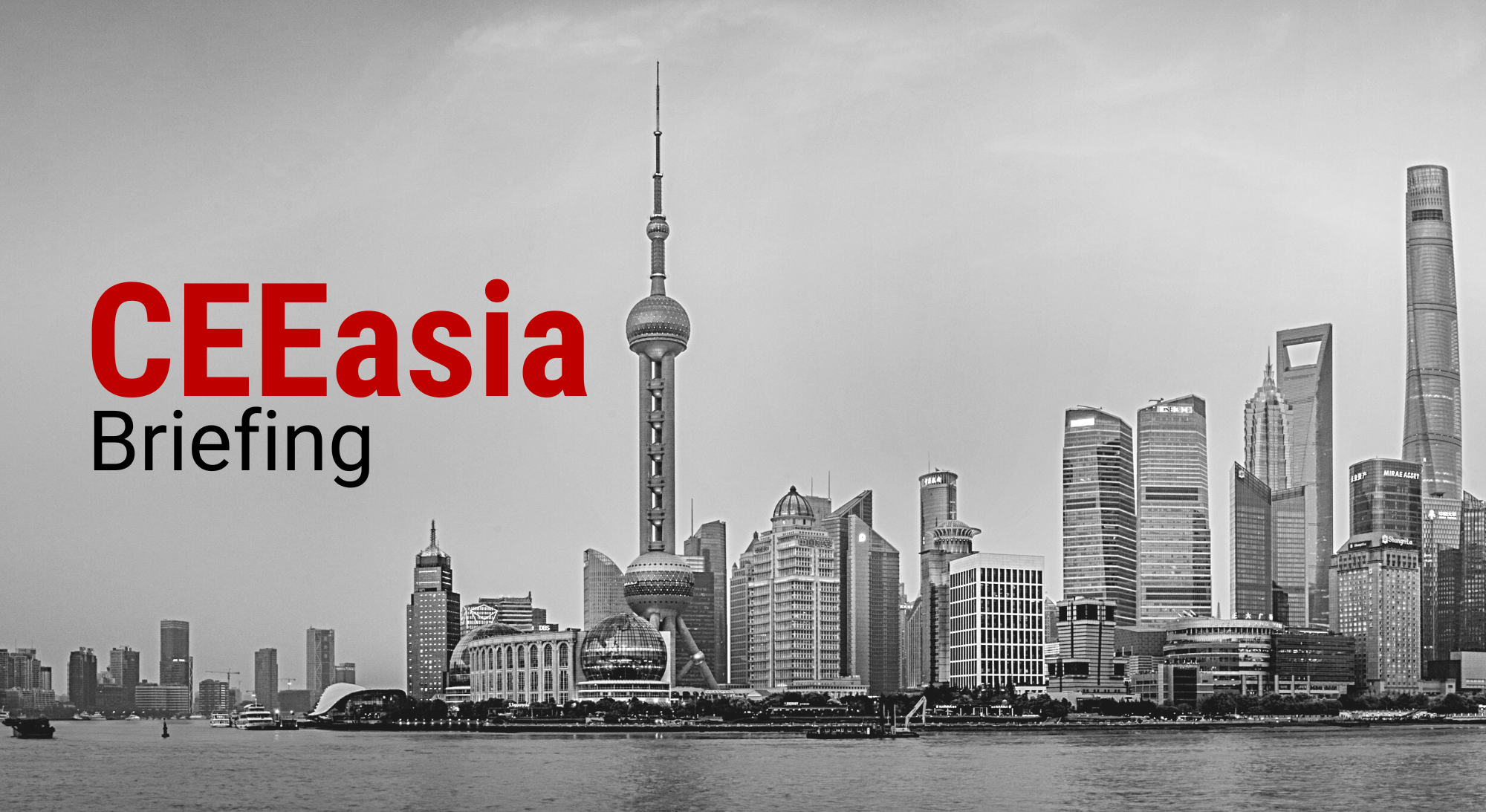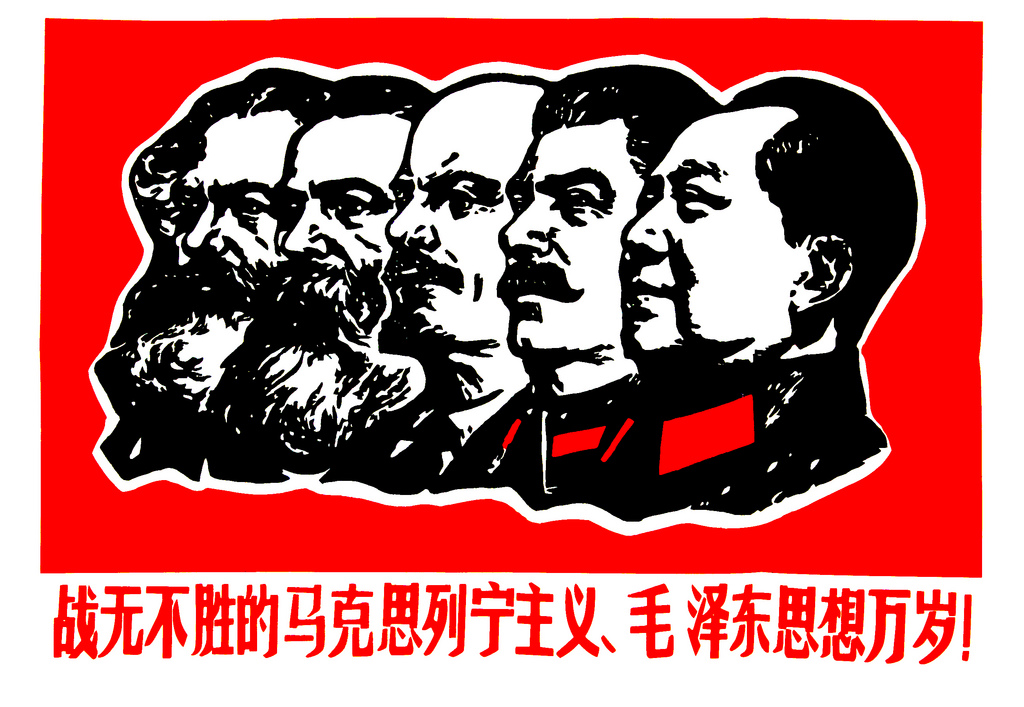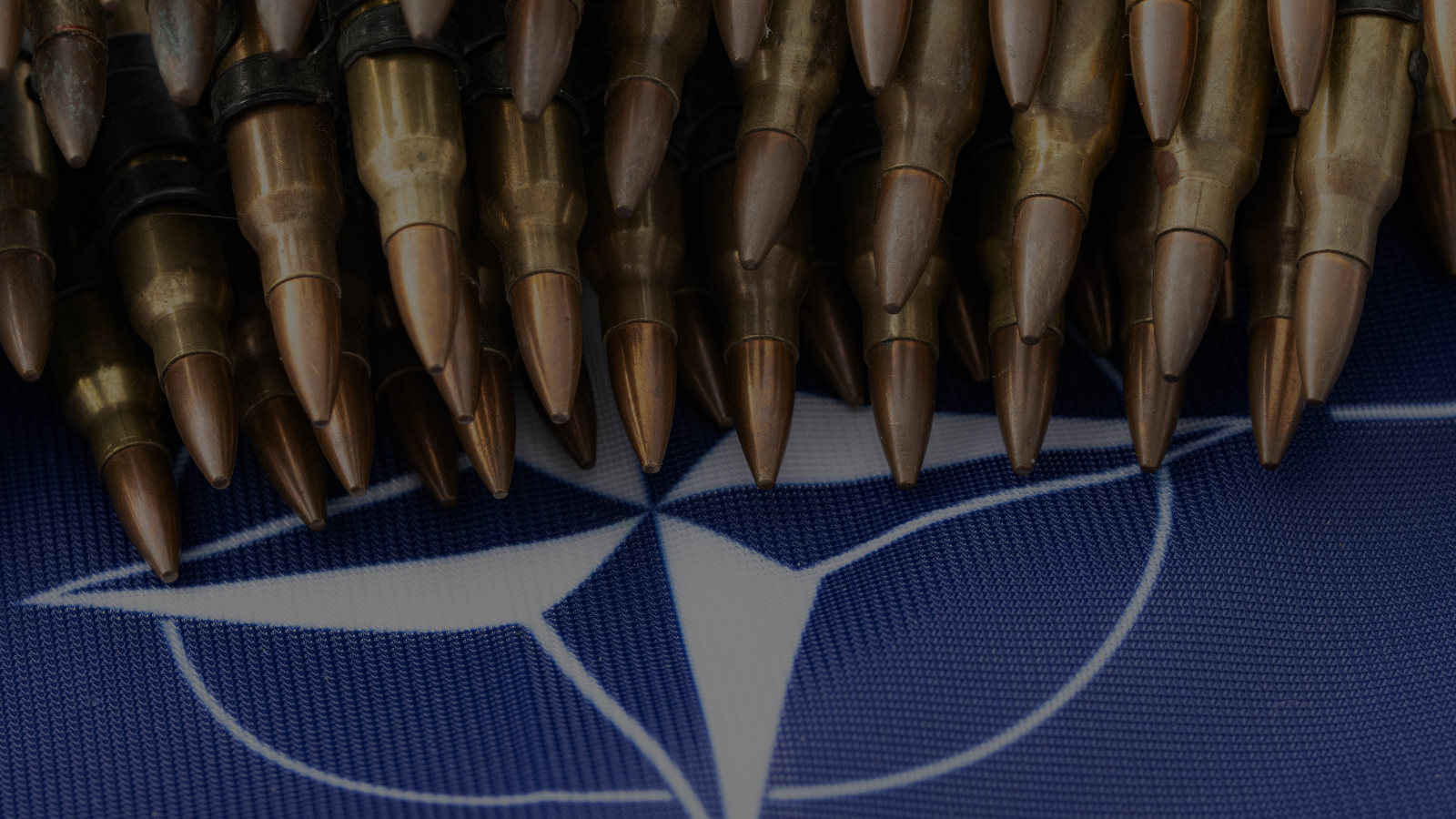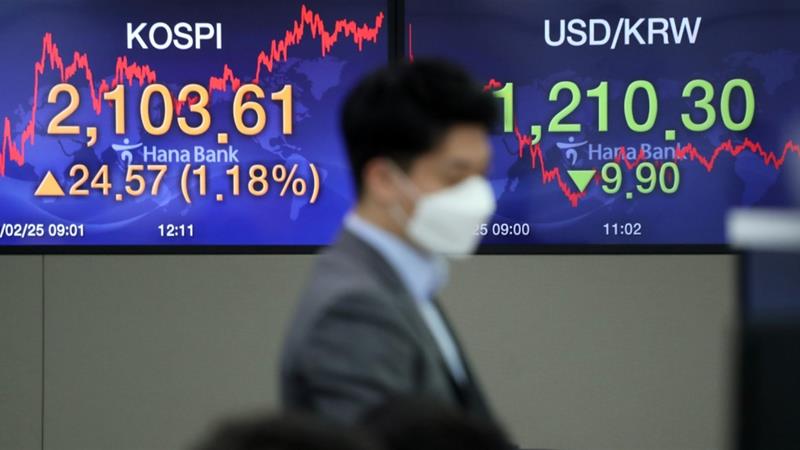Welcome to the 25th issue of the #CEEasia Briefing.
In this issue we dissect the following topics:
- Chinese surveillance equipment in Kosovo
- Taiwan pledges to help Lithuania
- Expanding role of South Korean battery plants in Hungary
If you like what you see, please forward this message to your friends and colleagues who can subscribe here.
Do you need to know more about East Asia? Don’t hesitate to shoot us a message about custom analysis tailored to your needs.
1. Chinese surveillance equipment in Kosovo
What’s going on? Cameras, digital recorders, and other equipment from Zhejiang Dahua Technologies, a Chinese company blacklisted in the US, have been purchased by a Serb-majority interim authority in the Kosovar municipality of Gjilan. These are to be installed in local schools. The purchase worth tens of thousands of euros has, according to publicly available documents, been backed by a Serbian government office that steers relations with Kosovo. The central Kosovar authorities noted they had no information about the plans, indicating the limits of Pristina’s authority over Serb-dominated areas on its territory. Moreover, this has prompted discussions about the possibility of China gaining ground in the future development of digital infrastructure in the region and concerns over the related security challenges.
Going deeper… China has put efforts into promoting its “smart cities” project abroad, focusing on providing integrated biometric, sensory and analytical technologies to assist foreign governments with monitoring and governing urban centers. Whereas Kosovo has largely rejected its involvement in such projects and pledged to support the US’s “Clean Network” initiative, Serbia, on the other hand, has increasingly supported further cooperation with Beijing in the high-tech sector and has been using Chinese surveillance technology in Belgrade as part of a “safe city” initiative since 2019.
This means… The purchase of the Dahua equipment does not necessarily signal a significant inroad of Chinese technology into Kosovo or a change in the latter’s strategy of aligning itself with the “Clean Network” initiative, especially given the circumstances under which the deal was made. Nevertheless, it represents a case that shows other possibilities of installing surveillance tools in municipalities that are partly outside Pristina’s control and once again brings attention to the complex relations between Kosovo and Serbia as well as the Sino-Serbian ties.
Further reading:
RFE/RL: Serbia’s Back-Door Bid To Embed Chinese Snooping Tools In Kosovo
Wired: Serbia’s smart city has become a political flashpoint
2. Taiwan pledges to help Lithuania
What’s going on? As China keeps escalating its economic coercion against Lithuania, turning the Sino-Lithuanian dispute into a new geopolitical crisis, Taiwan is extending its helping hand towards its new Baltic friend. In addition to taking in entire shipments of Lithuanian products banned from the Chinese market, Taiwan has pledged to set up a $200 million investment fund, alongside a $1 billion credit fund, both of which are to focus on cooperation in lasers, biotech, fintech, and semiconductors.
Going deeper… Taiwan’s financial help, which follows an earlier announcement of similar support by the US, offers a glimpse of hope for the Baltic nation, which saw its exports to China drop by an astonishing 91.1% from November to December 2021. Not only is China’s trade embargo unprecedented in its scope, as it affects German, French, and other EU exporters, but also in its impact on Lithuania’s domestic politics. President Nauseda has reversed his earlier stance, claiming that the decision to allow Taiwan to use the denomination “Taiwanese” in the name of its Vilnius office was a mistake, and a majority of the Lithuanian public seems to agree, with only 13% of Lithuanians supporting the government’s policy towards China. Nevertheless, the government is standing behind its decision to pursue stronger ties with Taiwan, refusing to back down.
This means… A similar divide is taking place at an EU level. Whereas the European Parliament is supportive of Lithuania’s predicament, we have yet to see any substantive response from the European Commission. France, which has just started its presidency of the Council of the European Union, is pushing for speedy implementation of the EU’s new anti-coercion instrument, whilst promising to adopt additional measures in the meantime.
Furthermore… A strong message of support comes from Slovenia, with Prime Minister Janeš hinting at his intention to follow Lithuania’s model and allow Taiwan to open a representative office in Ljubljana. At the same time, both Macron and Janeš are facing elections this year, and so the future directions of their countries’ foreign policies are unknown. There is also contradictory messaging coming out of Germany, where the transcript of the first phone call between Xi and Scholz is more reminiscent of Merkel’s friendly approach than the Minister of Foreign Affairs Baerbock’s harsher stance on China. Chinese coercive tactics are therefore working, at least when it comes to dividing the EU, and Lithuania may need to wait until the EU-China summit in March to see more support from Brussels.
Further reading:
FT: Taiwan to support Lithuania with $200m fund after dispute with China
SCMP: Lithuanian exports nearly obliterated from China market amid Taiwan row
POLITICO: France eyes quick anti-China action to bail out Lithuania in trade war
3. Expanding role of South Korean battery plants in Hungary

What’s going on? Following the recent announcement by South Korean EcoPro BM company to build its first factory in a Hungarian town of Debrecen, which is to produce cathodes for electric vehicle (EV) batteries, another Korean company producing materials for electric cars is now planning to extend its existing plant in Hungary. This indicates the growing importance of South Korean plants for not only the Hungarian but the EU electric car market.
Going deeper… Solus Advanced Materials, which specializes in producing copper foil for EV batteries, announced its plans to invest €206 million for the extension of its plant in Tatabánya. In addition, the European Bank for Reconstruction and Development (EBRD) has approved the €24 million investment aid by the Hungarian government. These new incentives are even greater than the previous Hungarian investment aid, which was worth $15.9 million. The new extended facility is expected to double the plant’s current production capacity as well as create additional 200 jobs.
This means… The Minister of Foreign Affairs Szijjártó praised the numerous investments that have been made by South Korean companies in Hungary over the last few years. With the SK Innovation’s construction of a battery plant being Hungary’s greatest greenfield development, and approximately 60% of Hungary’s overall FDI stock coming from East Asian investors, in particular those of South Korea, Szijjártó emphasized the importance of Orbán’s signature Eastern Opening policy. What is more, the EBRD seemingly sees potential in Hungary becoming a hub for the EU’s EV battery industry, which is important in the EU’s goal of transferring to a circular economy. Indeed, the plant in Tatabánya, which relies on scrap copper for its feedstock, is contributing to this goal.
Further reading:
The Korea Herald: Solus Advanced Materials wins incentives for Hungary plant
Hungary Today: EBRD Supports Solus Copper Foil Plant in Tatabánya
Hungary Today: FM Szijjártó Hails 2021 Investment Records







